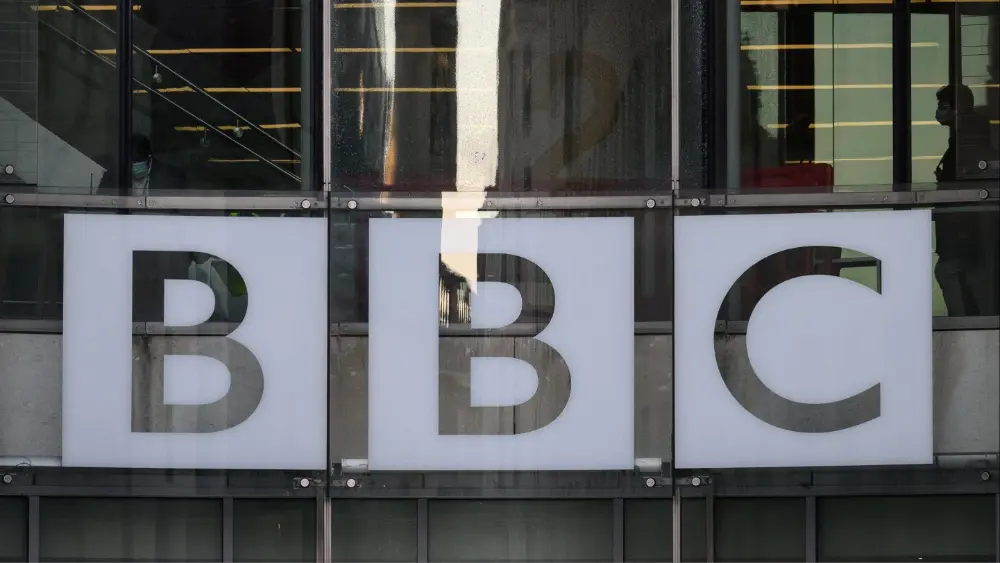U.K. culture minister Lisa Nandy has committed to continuing the BBC‘s licence fee model until at least 2027. However she has said she is going to consider all funding options for the broadcaster’s “long-term sustainability” during the next Royal Charter review.
The BBC is governed by a document called a Royal Charter which is periodically reviewed by the Government. Nandy has said she intends to use the next review, in 2027, to consider funding options with viewers and stakeholders (such as, presumably, production companies) given an opportunity to contribute their views.
She also confirmed she would not be moving forward with the review of the BBC’s funding model set up by the previous government – which appointed a panel of experts to oversee it – but would instead review the corporation’s future funding as part of the Royal Charter review process.
The panel appointed by the previous government will be disbanded.
Popular on Variety In the U.K., the majority of the BBC’s funding comes from a licence fee, which must be paid by anyone watching live television on any device on any network. Even someone who never watches the BBC but watches live sports on, for example, Prime Video, would need to pay it. Currently the TV licence fee costs £169.50 per year (just over £14 per month). Under the previous government, it was agreed that the TV licence would increase in line with inflation each year until 2027. From April 2025 the cost will go up to £174.50 per year.
Labour, which took power earlier this year following the election, has said it will help more households struggling with financial pressure who cannot pay the fee but would benefit from cultural and educational learning provided by watching live television. There is a discounted TV licence fee for those who fit the criteria.
Nandy has provided a written statement to Parliament in which she acknowledges the changing face of media, in particular increased competition from global streaming platforms. The statement also notes that the BBC has seen a decline in licence fee income of more than 30%.
“The BBC provides much-needed programming for households across the country, including children’s education, world-class entertainment and trusted news for all people in all parts of the U.K. I want to see it thrive for decades to come,” said Nandy in a statement “Through the Charter Review, we will have an honest national conversation about the broadcaster’s long-term future, ensuring the BBC has a sustainable public funding model that supports its vital work but is also fair and responsive to those who pay for it.”
“In the short term, we are providing the BBC with funding certainty, while supporting thousands more households facing financial hardship to spread the cost of a TV licence.”
Last year foreign secretary David Lammy allocated an extra £32.6 million worth of funding for the BBC World Service, the corporation’s foreign radio service.

 Italian
Italian







